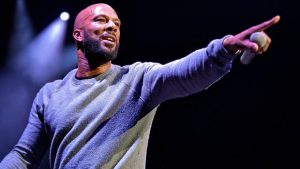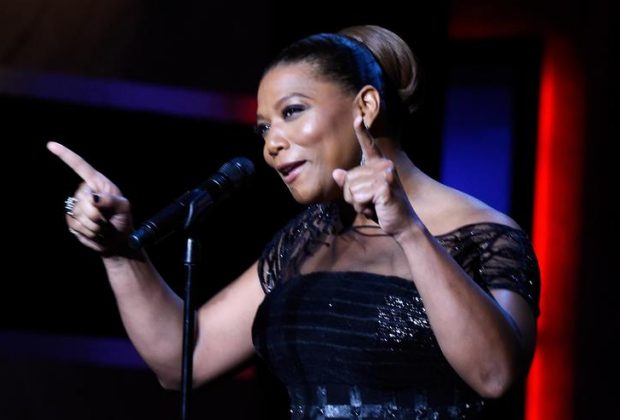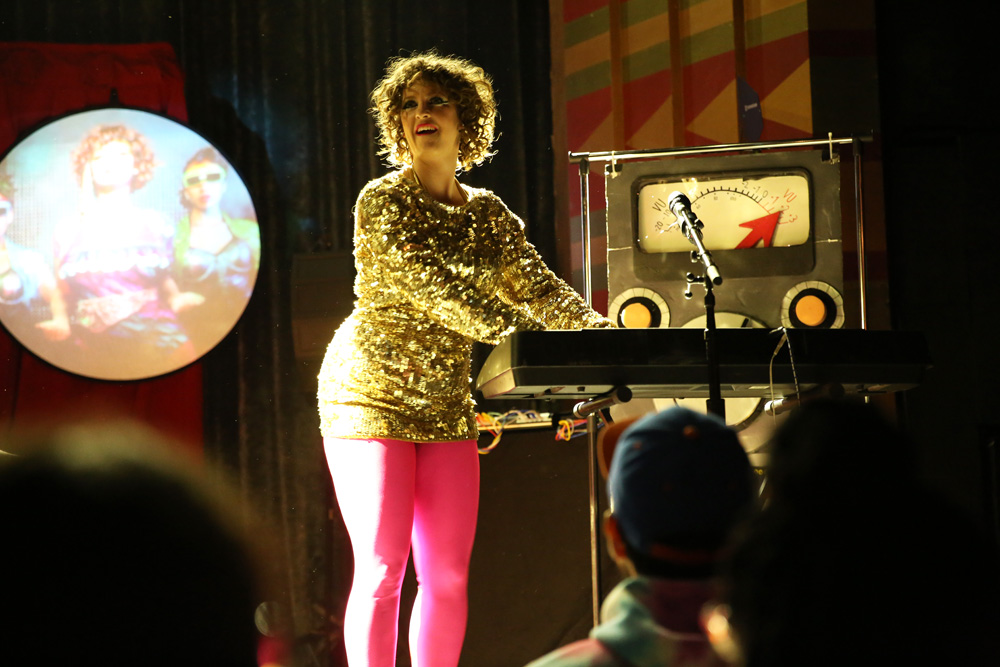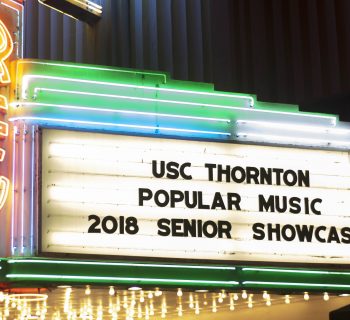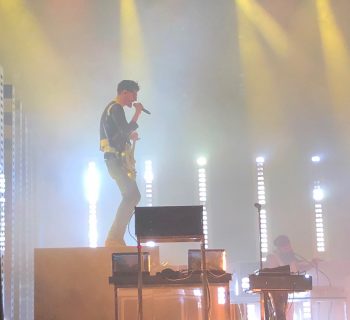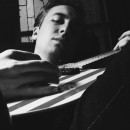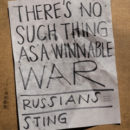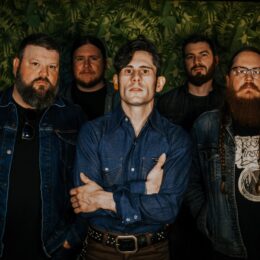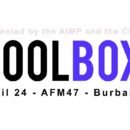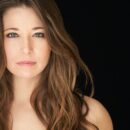Imagine the befuddled traditional jazz enthusiast contemplating the purchase of a package of four nights at the Hollywood Bowl this summer and seeing “Jazz at Lincoln Center Orchestra” with Wynton Marsalis on the slate with pop/soul great Seal and hip-hop and major award winning multi-media legends Queen Latifah and Common. They might think the boundaries of what jazz is have stretched too far, but isn’t that the point of real jazz? To improvise, think outside the box, keep people on their toes, stay connected to the unexpected and all that?
In between her multitude of appealing film appearances, Latifah scored a #1 on the Billboard Top Jazz Albums chart with 2007’s Travelin’ Light (which also hit the Top Ten on the Top R&B/Hip-Hop Albums chart), so a case could be made for her to headline a jazz night. But Common? Yes, absolutely, because at various times during his riveting, hour long, personal autobiography meets ultra-woke social consciousness set, he engaged in some effective improvised storytelling specific to his colleagues and got the Bowl audience waving their arms back and forth in approval. At times, his rapping resonated like the coolest scatting you’ve ever heard. He let his band – most prominently, his brilliant flutist -, carry the musical weight with some funky, deep soul soloing. That jazzy flute was also the driving force behind a dynamic rendering of his 2007 hit “The People,” whose hopeful call for unity includes nifty musical quoted from The Stylistics’ “People Make the World Go Round.”
In one of Common’s best between song narrative moments, he spoke eloquently of his desire throughout his career to break the boundaries of hip-hop by taking cues from his favorite legendary rockers, even giving Prince a shout out with a reference to “Under the Cherry Moon.” As he continued to command the full stage like it was his personal playground/kingdom, Common led his jazz-funk inflected ensemble into a hypnotic, psychedelic hip hop meets old school big band swing groove.
One of the great joys of Common’s show was hearing about his humble beginnings in Chicago and how the discovery of hip hop made him feel he could become a hero and gave him the belief that the world would know his name. Yet these anecdotes were all leading to his emergence as a voice for equality in our time, an incisive poet who regularly dares to tackle the heavier issues America is faced with. His “Black America Again” includes a line that sticks “The new plantation, mass incarceration” – and it leads him to want to tell a new, very different story. His set concluded with the gospel-infused smash everyone was waiting for, “Glory,” the anthem from the civil rights film Selma, which earned him and John Legend an Oscar in 2016. With his “backup” singer singing the prominent leads and everyone chanting the title, Common weaved his historical rhymes about racism in America, artfully bridging past and present and looking for a hopeful future.
Common was a tough act to follow on this split bill, but Queen Latifah – garbed in a slinky black dress and hipster Zorro-styled hat – took hold of the crowd immediately, spicing things up with a percussive and brassy, Latin jamming vibe on the forward thinking “I’m Gonna Live Till I Die.” It wasn’t until the end of her set that the audience realized the significance of her opening with that statement. Before she sang her soaring, gospel-inflected “Hairspray” ballad “I Know Where I’ve Been” (not the most popular song from that musical, but its true emotional core), she mentioned the sudden passing of Craig Zadan, producer of “Hairspray,” “Chicago” (for which Latifah earned an Oscar nomination) and countless other TV and film musicals.
Latifah’s show was a fascinating study of freewheeling, effortless diversity, blending exquisite jazzy-soul renderings of “California Dreamin’” and “Mercy Mercy Me” (from her first jazz-oriented set The Dana Owens Album), a dreamy stroll through “Poetry Man” and the sassy, old-timey “When You’re Good To Mama” (one of the most indelible songs from “Chicago”) with explosive tidbits from her hip-hop past like “U.N.I.T.Y” (continuing the “wokeness” theme of Common’s set) and her Grammy winning empowerment anthem “Ladie’s First.”
Another highlight that her longtime fans embraced – but which no doubt shock any jazz purists who thought this was a “jazz only” show – was “I Wanna Be Down,” during which Latifah invited fellow 90’s hip-hop greats MC Lyte and Yo-Yo to banter and freestyle. As much as those two added to the fun, you couldn’t help but think just how vast Latifah’s media empire had expanded in the decades since, compared to her early hip-hop contemporaries. Also necessary is a special shout out to her soul-intensive, prominently featured backing vocalists Sharlotte Gibson, Theresa Bailey and Romeo Johnson. Overall it was a fantastic night for folks who like a little jazz with their hip hop, a lot of rapping with their jazz and music of substance that speaks straightforward truth.
